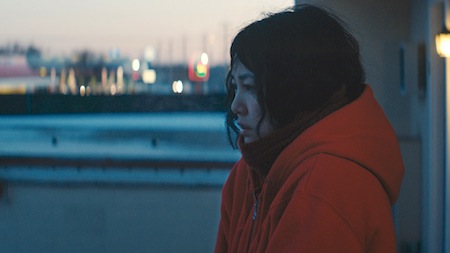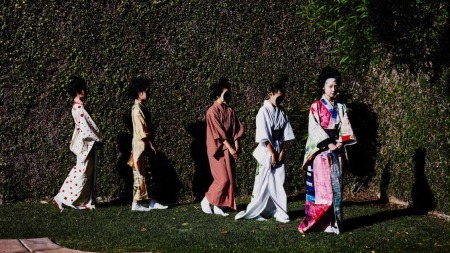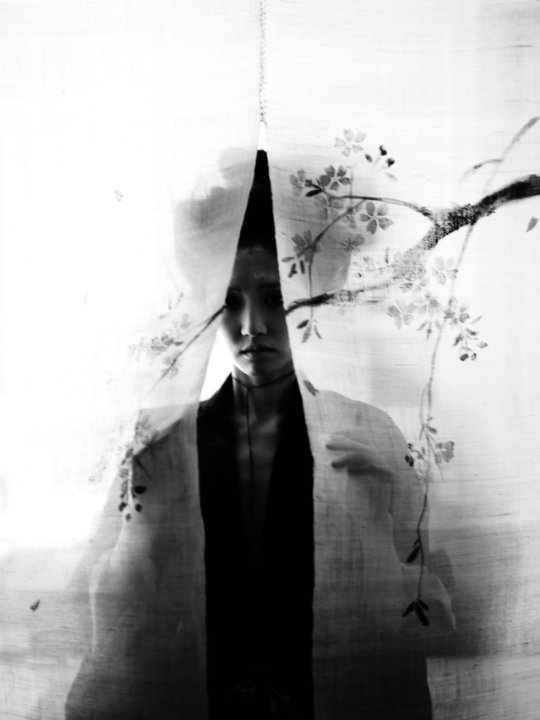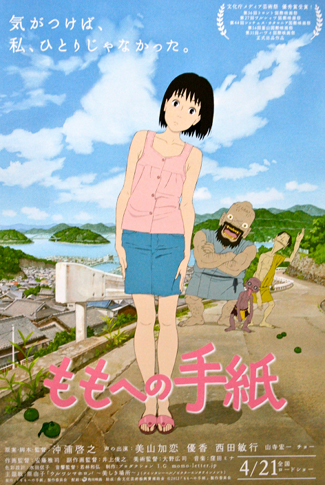We Can't Wait #7: Snowpiercer
 Tuesday, January 28, 2014 at 9:03PM
Tuesday, January 28, 2014 at 9:03PM [In the We Can't Wait series we're looking at our top 14 most exciting film prospects for 2014. Previously: Nymphomaniac, Boyhood, Big Eyes, The Last 5 Years, Gone Girl , Can a Song Save Your Life and Veronica Mars plus movies that just missed the cut. Here's Anne Marie on a 2013 offering that was delayed. -Editor]
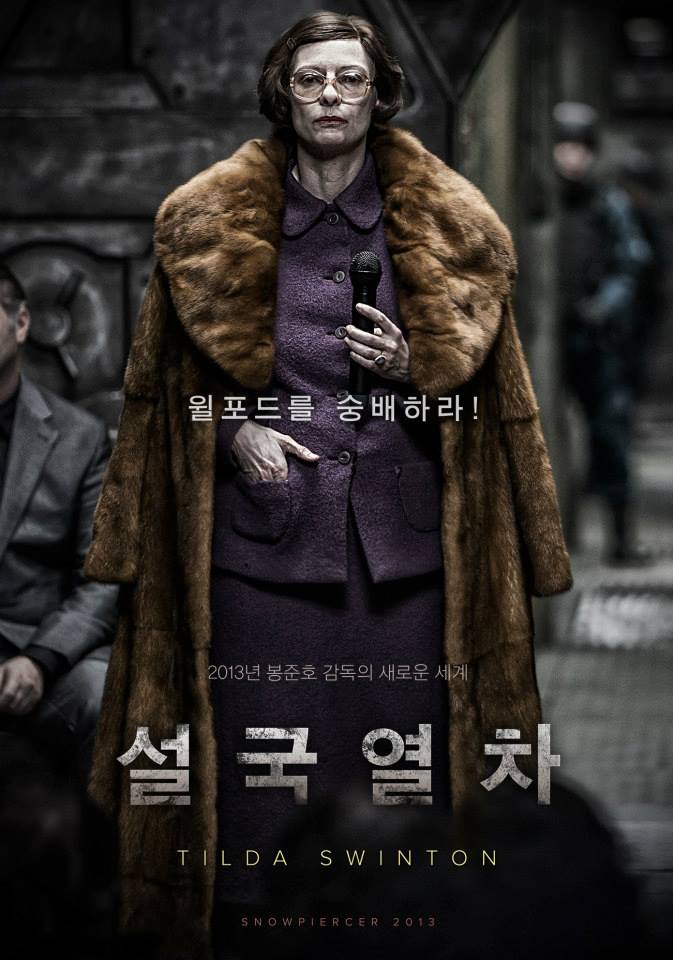 Snowpiercer
Snowpiercer
Joon-ho Bong's much-discussed scifi masterpiece (?). A train powered by a perpetual-motion machine cuts through a snowy post-apocalyptic earth. Onboard, a caste system has developed. All is thrown into chaos when the lowest classes revolt and fight their way, car by car, to the front.
Talent
Joon-ho Bong brings together a versatile cast including Tilda Swinton, Chris Evans, Ed Harris, Jamie Bell, Allison Pill John Hurt, and Octavia Spencer.
Why We Can't Wait
Joon-ho Bong (The Host, Mother) has been rightfully called one of the greatest directors in Korean cinema, an area filled to brimming with great directors. Even if you don't know Joon-ho Bong's work well, the idea of a post-apocalyptic train heist movie starring Tilda Swinton should be reason enough to get any self-respecting sci-fi fan excited. Still not convinced? The film has done over $50 million internationally and has been officially selected as the best Korean film of 2013. Snowpiercer has been hailed as a new Metropolis, using its extraordinary world to tell an intelligent story of class struggle and humanity.
But We Do Have To Wait
Unfortunately for Americans, Harvey Weinstein thinks we're too unintelligent for this movie. Since Weinstein picked up the film's US distribution rights last year, he has been garnering lots of bad publicity for his decision to cut 20 minutes out of the US release. His reasoning? He doesn't think it would play well in middle America. Instead of 20 minutes of exposition, he's added voice-overs to cover the lost information. (Anybody else getting Blade Runner deja vu?) Joon-ho Bong has publically stated he's against it, but Weinstein has yet to relent. No official US release date has been announced, but folks may want to skip it anyway and wait for the uncut film to be released on Bluray and digital download, whenever that may be.



